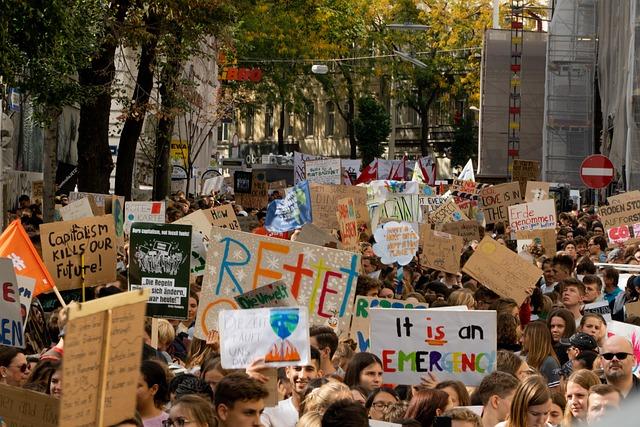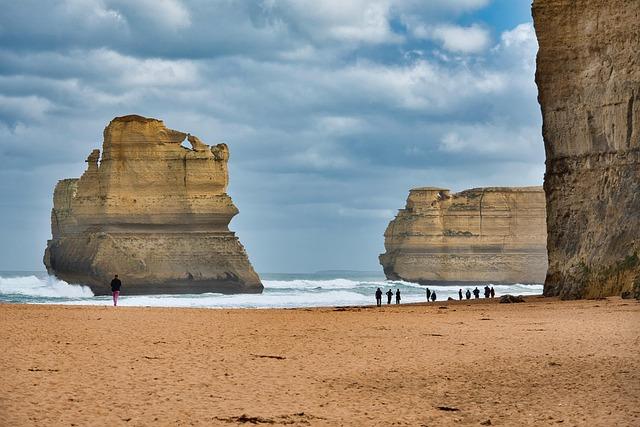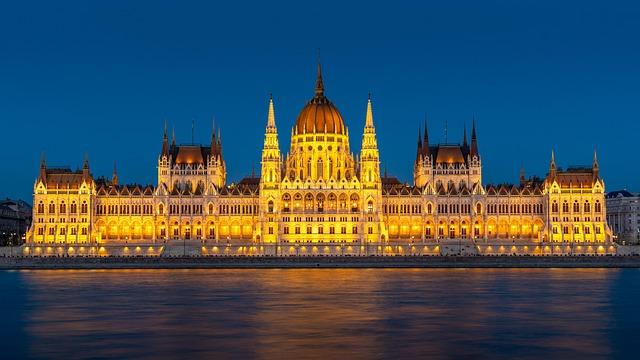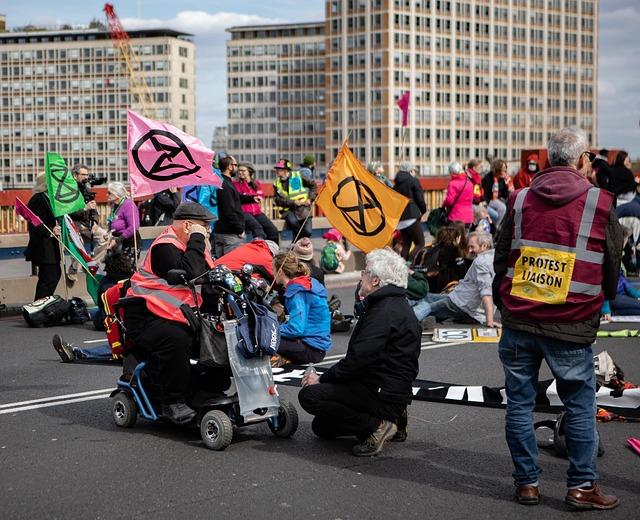- Introduction
- Background of the Case
- Legal Arguments and Concerns
- Impact on Bonaire and Its Community
- Government Response and Future Steps
- Conclusion
- FAQs
- References
Introduction
A group of residents from Bonaire, a Caribbean island and special municipality of the Netherlands, have initiated legal proceedings against the Dutch government for failing to take adequate climate action. This unprecedented legal step highlights growing environmental concerns from regions vulnerable to climate change and questions about climate justice.
This article explores the background of the lawsuit, the legal framework it rests upon, the community's experiences, governmental reactions, and what the future may hold for similar legal actions globally. With climate litigation on the rise, this case adds to the mounting pressure on governments to follow through with climate commitments under international and national law.
Background of the Case

(Image: Pixabay/@LeoSch)
Bonaire, a small island in the Caribbean Sea, is particularly vulnerable to the effects of climate change, such as rising sea levels, coral bleaching, and extreme weather conditions. Despite being a part of the Kingdom of the Netherlands, locals argue that Bonaire hasn't received the same level of protection or investment in climate adaptation measures as the European Netherlands.
The lawsuit, initiated in June 2024, was filed by several individuals and environmental groups based in Bonaire. They claim the Dutch government has not fulfilled its failure to uphold constitutional and international obligations to protect citizens from the consequences of climate change.
This legal move follows the precedent set by “Urgenda Foundation v. The State of the Netherlands”—a historic 2019 Dutch Supreme Court case that compelled the government to take stronger climate action. Residents argue that Bonaire deserves similar protective measures, especially considering the island's vulnerable geographical and environmental status.
Legal Arguments and Concerns

(Image: Pixabay/@Umkreisel-App)
The plaintiffs are invoking several legal frameworks, including the European Convention on Human Rights and principles from international climate accords such as the Paris Agreement. They argue the inaction of the Dutch government violates Article 2 and Article 8 of the Convention—right to life and right to respect for private and family life, respectively.
The case also references the Dutch Constitution, which mandates that the state shall promote the liveability and environmental quality in the country. Lawyers representing the Bonaire residents contend that the government's failure to act on climate issues in Bonaire breaches this constitutional responsibility.
Legal experts are closely watching the case, as it could establish whether vulnerable and remote territories like Bonaire can demand the same level of environmental protection as mainland populations. This could become a landmark for future legal standards applicable to former colonial or overseas regions.
Impact on Bonaire and Its Community

(Image: Pixabay/@MemoryCatcher)
The small population of Bonaire depends heavily on its natural environment, particularly coral reefs, for food, tourism, and employment. Rising sea levels, warming oceans, and more frequent hurricanes have already begun affecting daily life, economies, and ecosystems on the island.
Community leaders and environmental activists say that despite repeated warnings and scientific recommendations, limited infrastructure upgrades or adaptation strategies have been introduced by the Dutch authorities. Water scarcity, energy inefficiency, and inadequate emergency management systems are among the concerns raised.
Local organizations, such as Nos Ta Hasi E Posibel, argue that ignoring these challenges not only risks the natural beauty of the island but also endangers the cultural and human rights of its residents. The lawsuit is seen by many as not just a demand for climate action but also a call for equal treatment and justice from a post-colonial perspective.
Government Response and Future Steps

(Image: Pixabay/@pierre9x6)
The Dutch government has acknowledged receipt of the lawsuit but has yet to issue a detailed public response. In preliminary comments, officials referenced ongoing efforts to integrate the Caribbean Netherlands into national sustainability programs, including renewable energy investments and conservation efforts.
Nevertheless, critics argue these programs are underfunded or inadequately implemented. Climate advocates say that unless supported by legally-binding targets and a clear timeline, such promises may not be enough to safeguard islands like Bonaire from irreversible climate damage.
In the months to come, the case will unfold in Dutch courts. If it proceeds to trial, it may draw international attention and bolster similar efforts in other climate-vulnerable regions. Positive rulings in favor of the plaintiffs may set new legal precedents enforcing climate accountability across jurisdictions and territories.
Conclusion
The lawsuit brought forward by residents of Bonaire against the Netherlands sets a powerful example of grassroots efforts turning to legal channels to demand climate justice. With rising global temperatures, the role of courts in shaping national climate policies is becoming increasingly significant.
Whether this suit will result in immediate policy changes remains uncertain, but what is clear is that communities like Bonaire are no longer willing to wait. They are actively seeking justice to protect their environment and future, inspiring others across the globe facing similar threats.
FAQs
Why are residents of Bonaire suing the Netherlands?
They claim the Dutch government has failed to provide adequate climate protection measures for Bonaire, thus violating their human and constitutional rights.
What legal grounds are used in the case?
The case relies on the European Convention on Human Rights, Dutch constitutional principles, and international agreements like the Paris Climate Accord.
What is the significance of this case?
It could set a precedent for other island or former colonial territories to demand equal environmental protection from their governing countries.
What has the Dutch government said in response?
So far, the government has recognized the lawsuit but hasn’t issued a detailed public response beyond citing ongoing climate initiatives in the region.
Is this the first climate-related lawsuit in the Netherlands?
No, previously the Urgenda Foundation won a historic case against the Dutch government in 2019, mandating stronger climate action nationwide.

